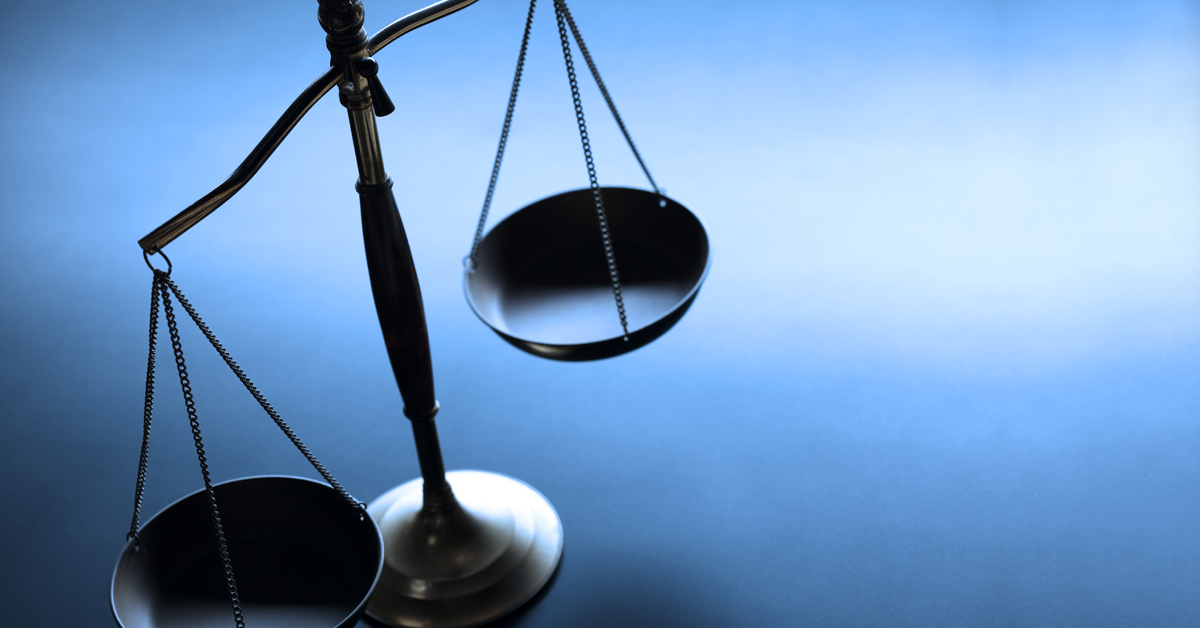Viewpoints about Small business retirement plans
-

When SIMPLE isn’t best: why a 401(k) may beat the SIMPLE IRA
Sponsoring a retirement plan can help you attract, retain, and reward employees.
Read more -

Why upgrading from SIMPLEs to 401(k)s may make sense
Incorporating retirement plans into your advisory business can be a great way to grow your practice. You can show your value to plan sponsors by clearly outlining the differences between SIMPLEs—IRA or 401(k)—and traditional 401(k)s.
Read more -

What are the long-term part-time rules under SECURE and SECURE 2.0?
The SECURE Act of 2019 contains a provision regarding long-term part-time employees that plans will need to consider this year, and the SECURE 2.0 Act of 2022 modified the rule. We’ll help you sort through what it all means for your plan.
Read more -

Considering SIMPLE IRAs, SIMPLE 401(k) plans, or SEPs? What to know
Learn the advantages and disadvantages of three retirement plan types designed for small businesses: SIMPLE IRAs, SIMPLE 401(k) plans, and SEPs.
Read more -

Solve a retirement plan problem to win over prospects
Growing your financial advisory business requires finding qualified prospects. To turn prospects into clients, try to find a catalyst—a solution to a problem they’re experiencing. Learn how to identify deficiencies in a retirement plan, turn them into strengths, and showcase your value.
Read more -

What SECURE Act 2.0 could mean for 401(k) plans
Earlier this year, the SECURE Act 2.0 moved one step closer to becoming law. Plan sponsors and retirement plan professionals should start planning now for the system and procedural changes that could be needed as soon as January 1, 2023.
Read more -

Prospecting strategies to help grow your retirement plan business
As a financial professional and business owner, you know growing your client base isn’t easy, and prospecting for leads can be the most challenging step. Learn how having the proper framework and prospecting tools can help you qualify new opportunities and give you a foot in the door with plan sponsors.
Read more -

Adding a nonqualified deferred compensation plan to your benefits package
In a tough labor market, you may want to consider adding a nonqualified deferred compensation (NQDC) plan as a supplemental, tax-advantaged savings opportunity for executives and other employees.
Read more -

The basics of the 401(k) coverage test
The 401(k) coverage test is one of the nondiscrimination tests plan sponsors must perform each year to keep their plan compliant. Find out what’s involved in completing this test.
Read more -

Can retirement plan participants do mega backdoor Roth 401(k) every year?
Defined contribution (DC) plans go a long way in helping Americans save for retirement. But IRS limits keep some people from maximizing their savings in ways that help them minimize their taxes. Adding a mega backdoor Roth feature to your company’s 401(k) plan can enable your high-earning employees to save more—and, yes, they can do it every year it’s available in their plan.
Read more





